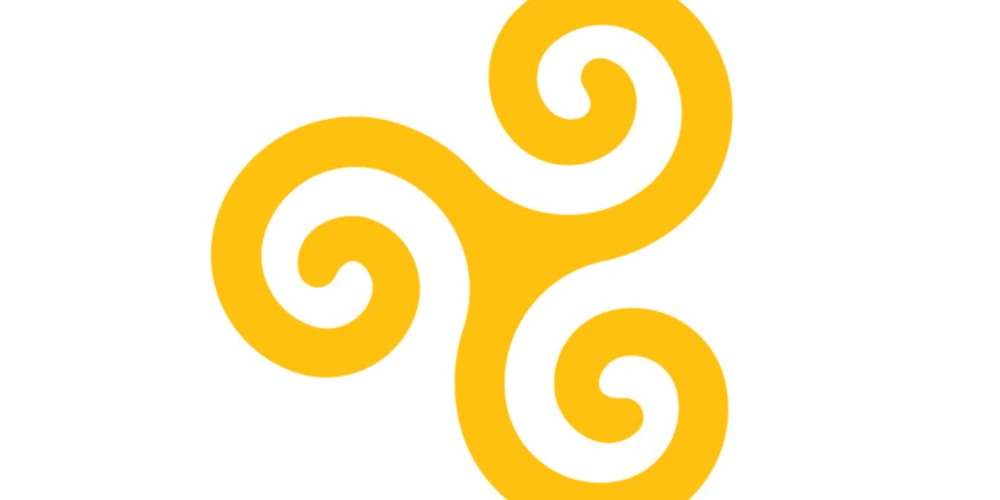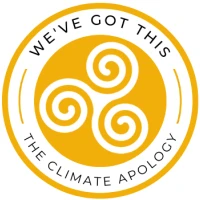0 Comment
Student feedback on the climate apology workshop
The climate apology aims to contribute to long-term mindset change, recognised in the IPCC and UN climate reports as essential to addressing the climate crisis. Changing attitudes is highly complex, requiring a range of tools and interventions that can be repeated over time. Clearly, a single workshop can’t achieve this. However, the feedback from high school students shows the potential of the climate apology as a tool worth trying in a workshop setting and exploring as a public awareness campaign.




